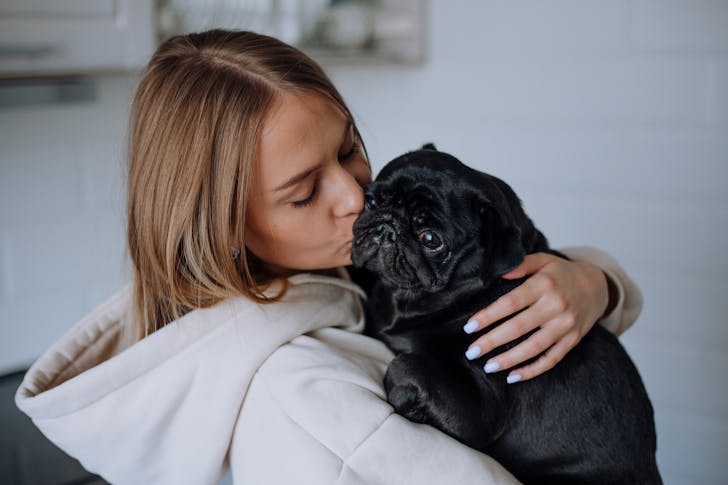How Human Stress Affects Pets – And What to Do About It
Anxiety is not just a human problem. It spills over into our homes and lands squarely on our pets. Dogs, cats, and even smaller animals pick up on your stress, and over time, it messes with their mood, behavior, and health. If you have noticed your pet acting weird, clingy, or destructive when you are tense, you are not imagining things.
Pets don’t need to understand your problems to feel your stress. They are wired to read your body language, tone, and routines. When you are anxious, your pet knows something is off. They start matching your energy, and not in a good way.
Animals depend on consistency, and when that crumbles, their anxiety creeps in fast.
During the COVID-19 lockdowns, pets got used to us being home all the time. Once we returned to offices and normal schedules, many pets showed signs of separation anxiety.
Anxiety in pets doesn’t always look dramatic. Sometimes it is subtle. Your dog pants a lot indoors for no reason. Your cat starts hiding under the bed more than usual. Other times, the signs are louder: Nonstop barking, chewed-up shoes, or furniture destroyed while you are out.
Physical symptoms like trembling, drooling, or constant pacing are red flags. So is sudden shedding, especially outside of shedding season. If your pet skips meals, has weird digestion issues, or starts peeing inside again after being house-trained, that is another signal.
The Root Cause of Stress

Baby / Pexels / Separation anxiety is one of the top issues vets see in dogs. When pets are used to constant company, even a short absence can trigger full-blown panic.
Noise is a common stress trigger. Additionally, thunder, fireworks, vacuums, or even slamming doors can set off a fear response. Some pets hate new people or other animals. A vet visit, a car ride, or a move to a new house can create a spiral of anxiety if they are not used to changes.
Age also plays a role. Older pets often deal with confusion or disorientation, especially if they are developing something like cognitive dysfunction, similar to dementia in humans. They get scared easily and might act oddly.
What can you do about it? First, create a safe space. A cozy corner with their favorite bed, blanket, or toy works well. Keep it quiet, clean, and consistent.
Keep a routine. Pets live by the clock. If you feed them at the same time, walk them regularly, and keep playtime consistent, their brain knows what to expect. That predictability is comforting. It lowers stress and helps with recovery from anxious episodes.
Always keep in mind that the calmer you are, the calmer your pet will be. Your energy is contagious. If you are always rushing, tense, or distracted, your pet feels it. But if you practice staying calm, keeping your tone soft, and sticking to habits, your pet has a better chance at staying balanced.